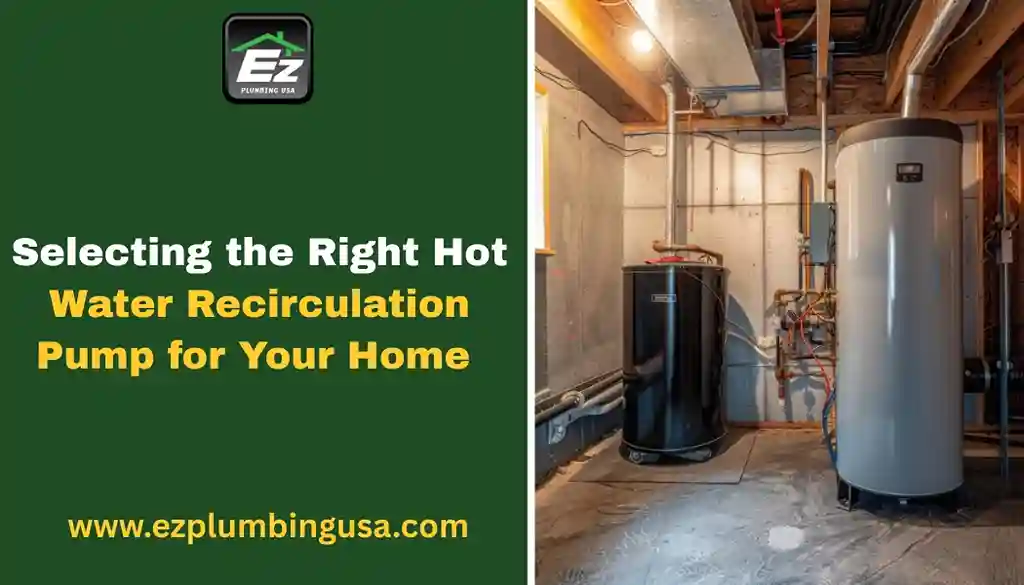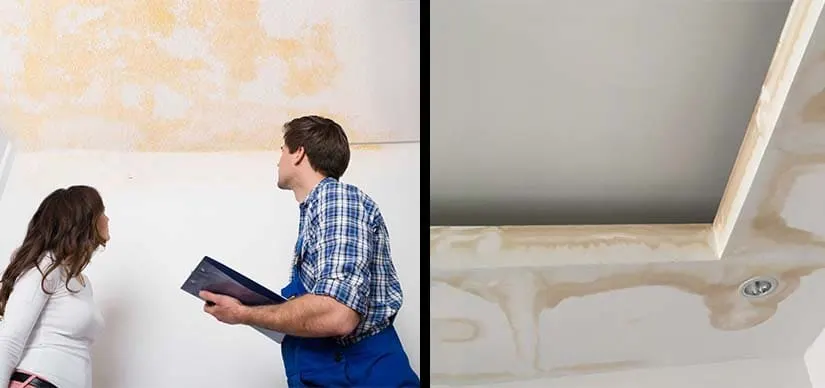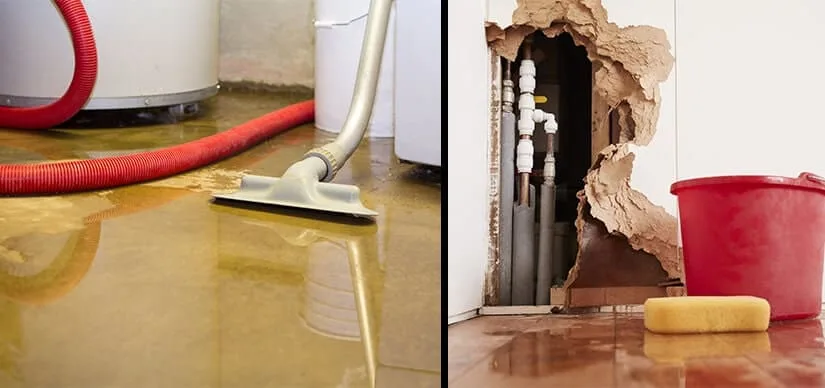Selecting the Right Hot Water Recirculation Pump for Your Home
Views : 801

What is a Hot Water Recirculation Pump?
How Does a Hot Water Recirculating System Work?
Types of Hot Water Recirculation Pumps
- Timer-Based Pumps
Operates on a schedule. Ideal if your routine is predictable. - Thermostat- Controlled Pumps
Turns on only when water temperature drops, saving energy. - On- Demand Pumps
Only run when you spark them via a switch or stir detector. Great for energy conservation. - Full Recirculating System
Requires a devoted return line for unused hot water to circle back to the heater. - Comfort System( No Return Line demanded)
Use your cold water line as the return, which is great for retrofits.
Benefits of Installing a Water Recirculation Pump
- Faster Access to Hot Water
No more standing around waiting for the shower to warm up. - Saves Water
Reduce water waste by avoiding the drain while waiting. - Energy Effective
Modern systems are smart and only run when demanded. - Accessible for Large Homes
Essential if your bathrooms are far from the water heater. - Easy Upgrades Available
Build accoutrements make it easier to install indeed in aged homes.
Things to Consider Before Choosing a Pump
- Type of Plumbing System
Do you have a devoted return line or not? - Usage Patterns
Are your mornings and gloamings busy with back- to- back showers? - Energy Efficiency
Look for Energy Star- rated models with built-in sensors. - Pump Noise
Some pumps can be loud. Choose a quiet model for indoor comfort. - Installation Conditions
Some systems are DIY-friendly, while others might need a plumber.
DIY vs Professional Installation
Top Brands to Consider
- Grundfos
Known for quiet operation and energy efficiency. - Watts
Great for retrofits and includes timekeeper features. - Laing
Compact and important — ideal for small spaces. - Taco
Durable and ideal for full system installs.
Cost of a Hot Water Recirculating System
- Basic pump kits: $150–$300
- Full system installs: $500–$1,000
- Pro installation: $200–$500 depending on complexity
Maintenance Tips for Long- Term Use
- Clean filters every 6 – 12 months
- check for leaks regularly
- Replace worn-out timekeepers or detectors
- Schedule an annual plumbing inspection if you are not confident DIY- ing
Environmental Impact and Water Conservation
Conclusion
FAQs
1. Do hot water recirculation pumps really save money?
Yes! They help reduce water waste and can lower your energy bills, especially with energy-effective models.
2. Can I install a recirculation pump without a return line?
Absolutely. Numerous build models use the cold water line as the return, making installation simple.
3. How long does a recirculation pump last?
With proper maintenance, a quality pump can last 10 – 15 years or more.
4. Are hot water recirculating systems noisy?
Most modern pumps are designed for quiet operation, but always check specs for noise levels before buying.
5. Is it worth hiring a plumber for installation?
If you are not familiar with your home’s plumbing, hiring a pro ensures the job is done right and avoids future problems.

.jpg)


